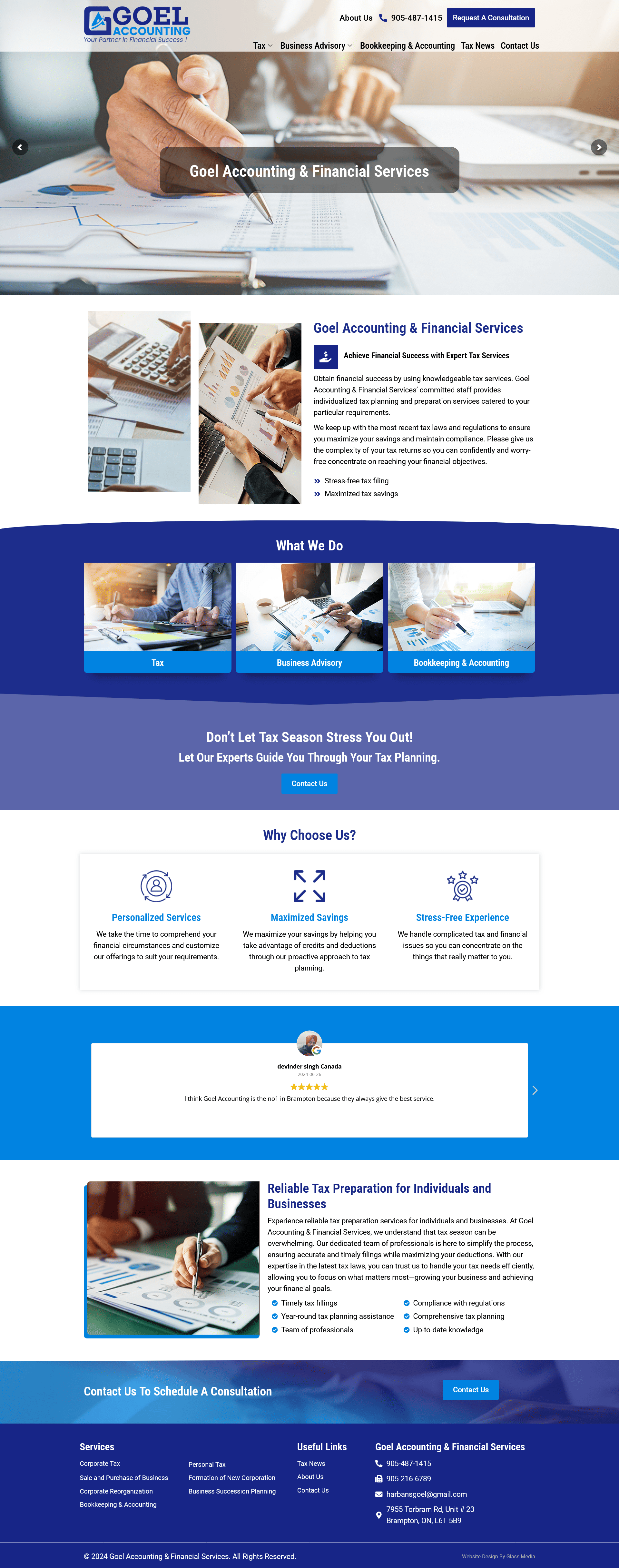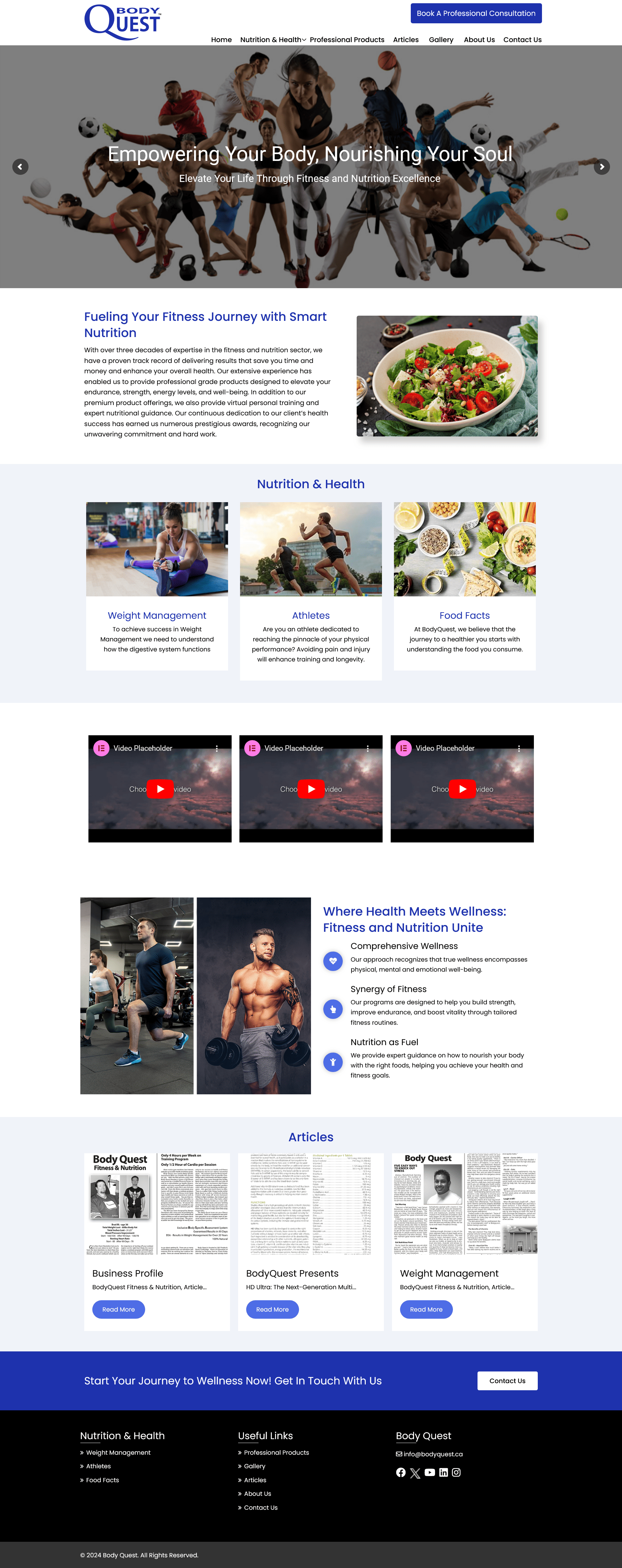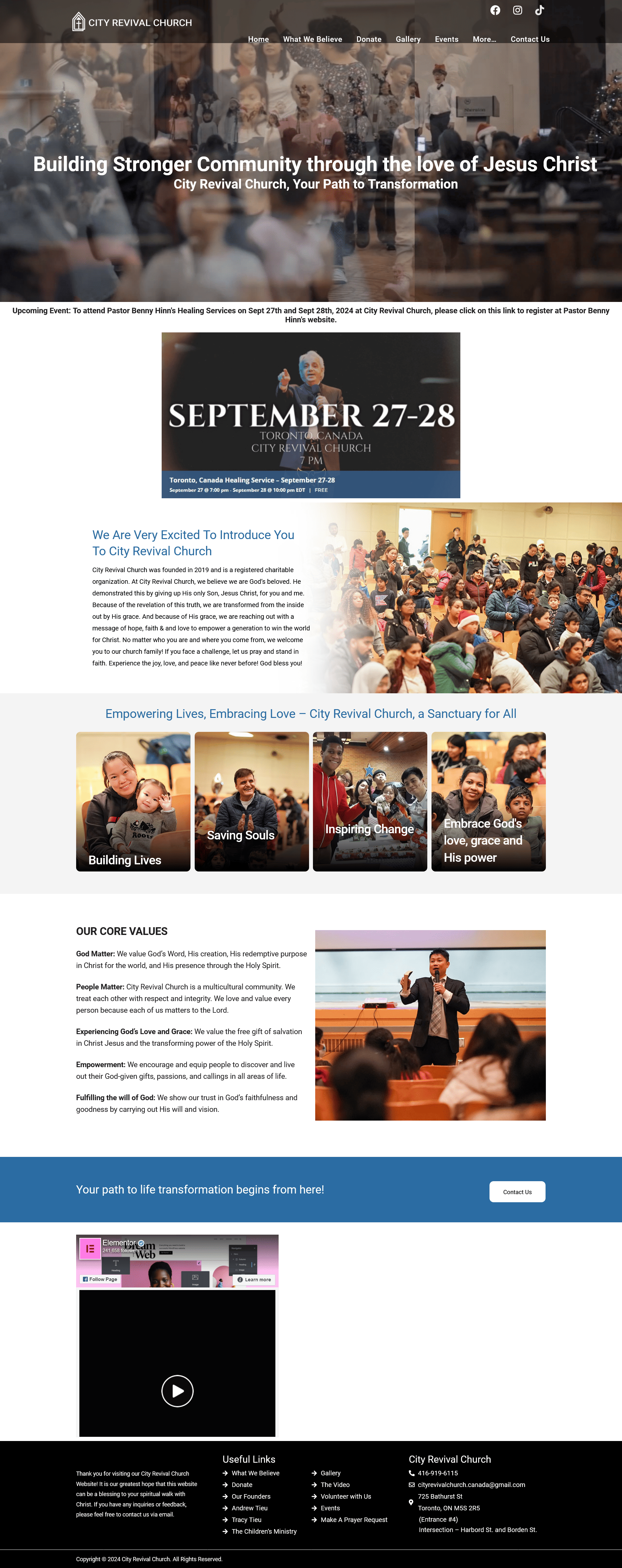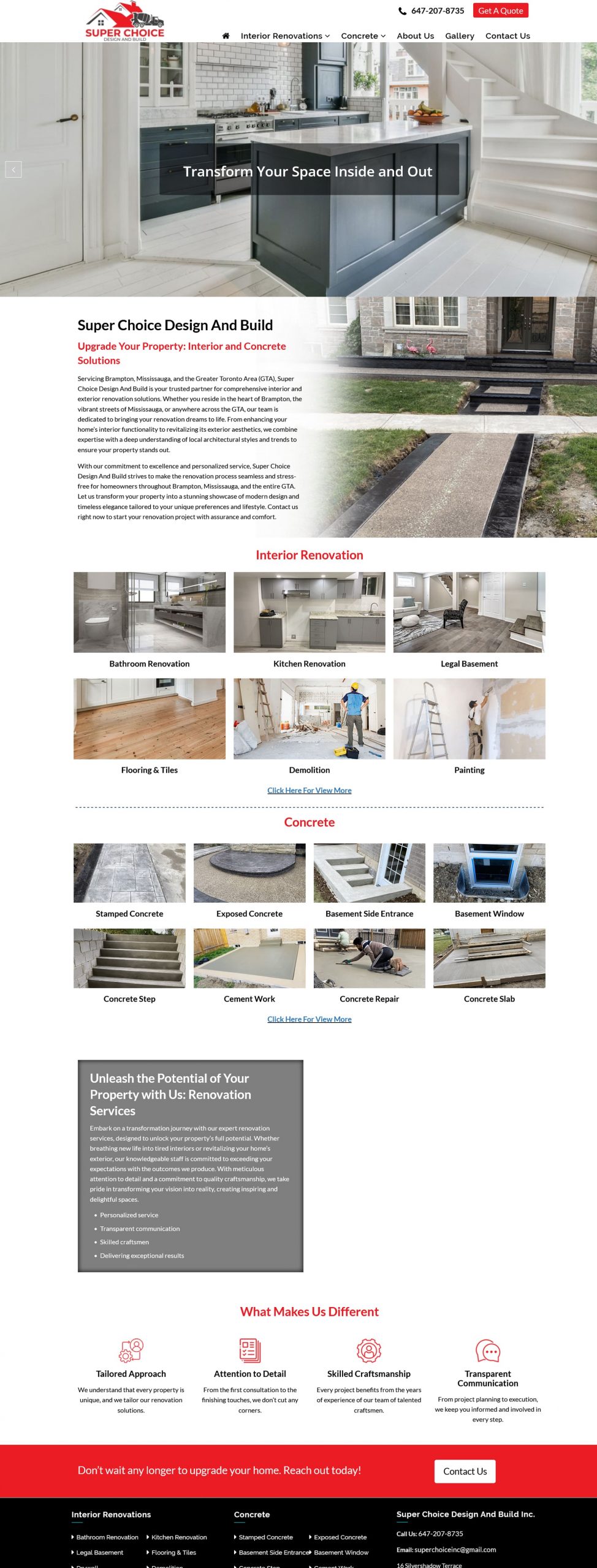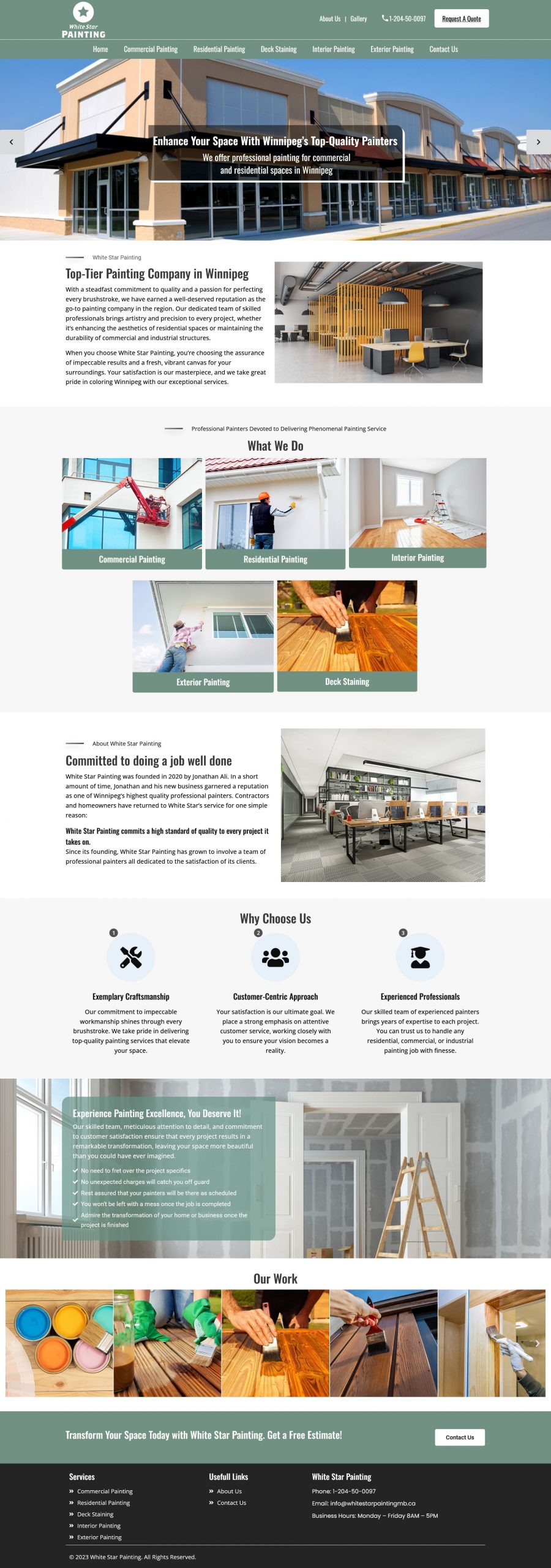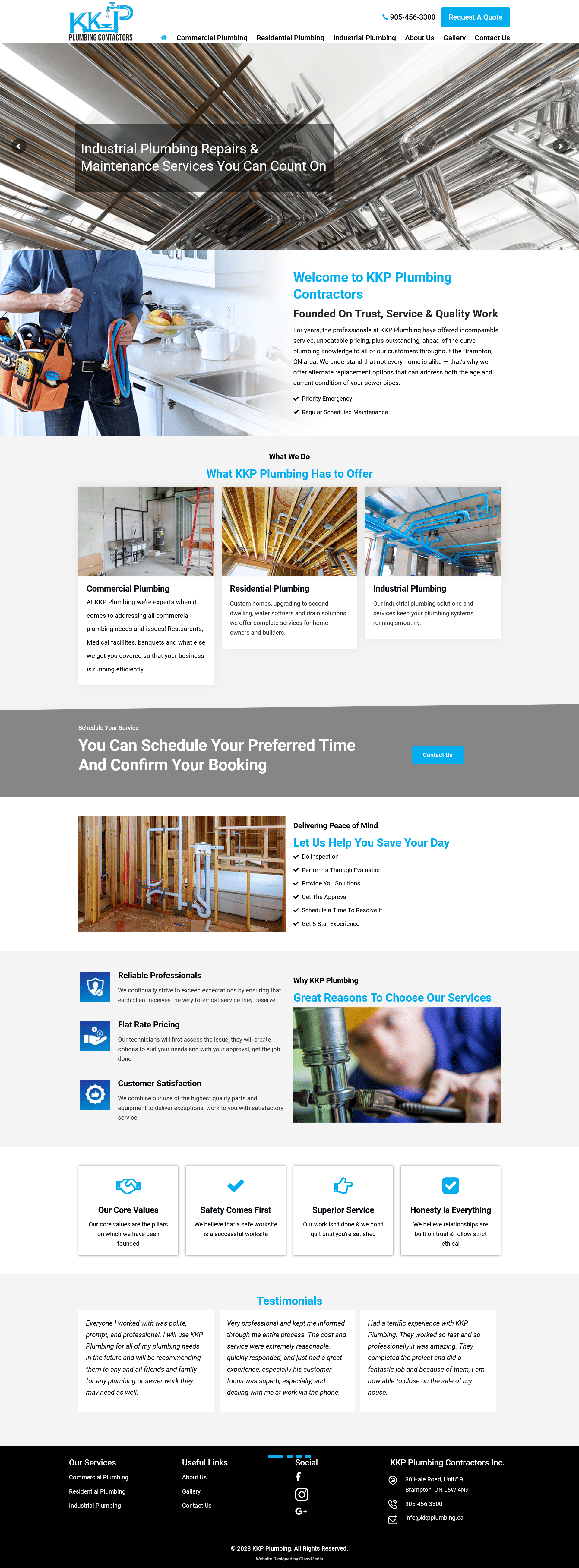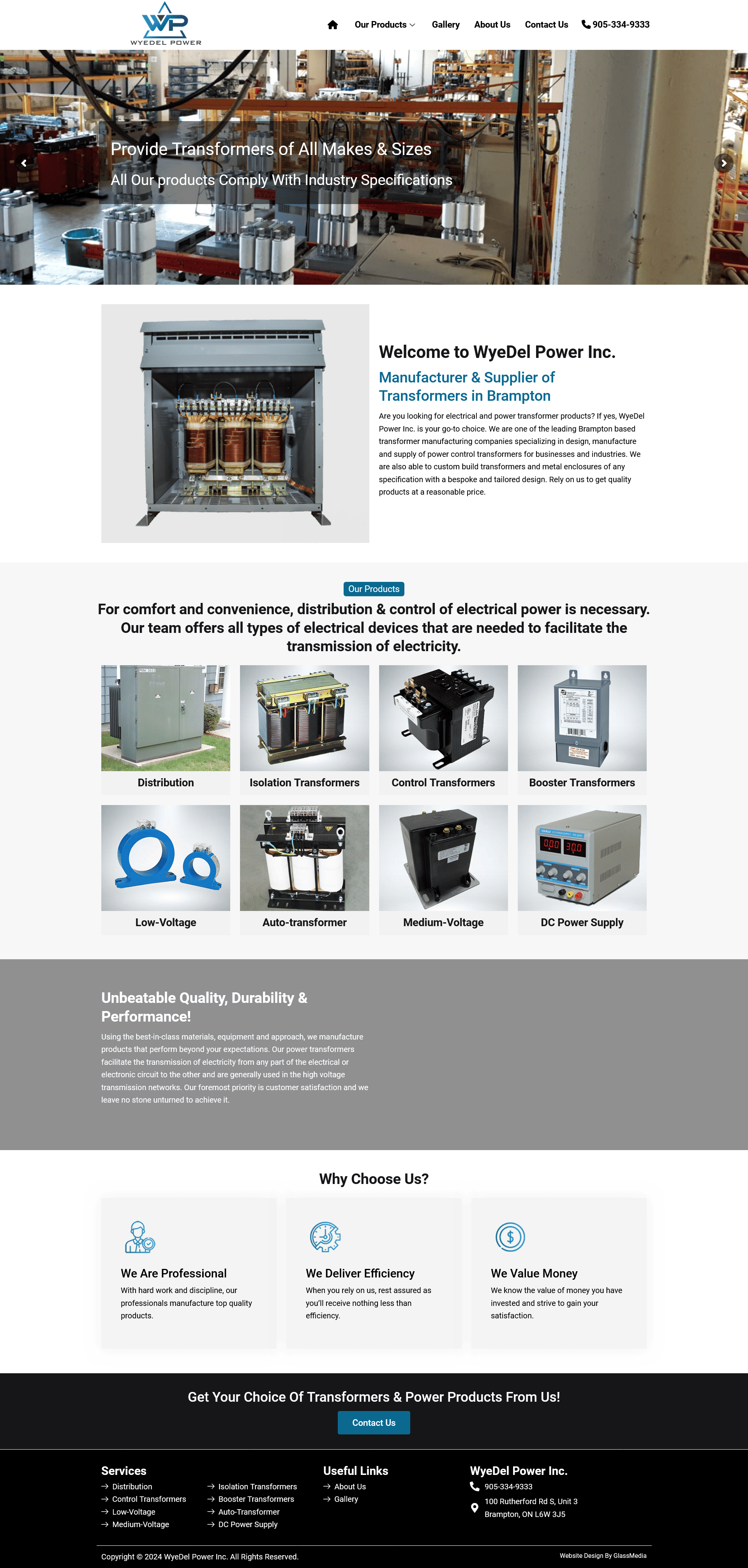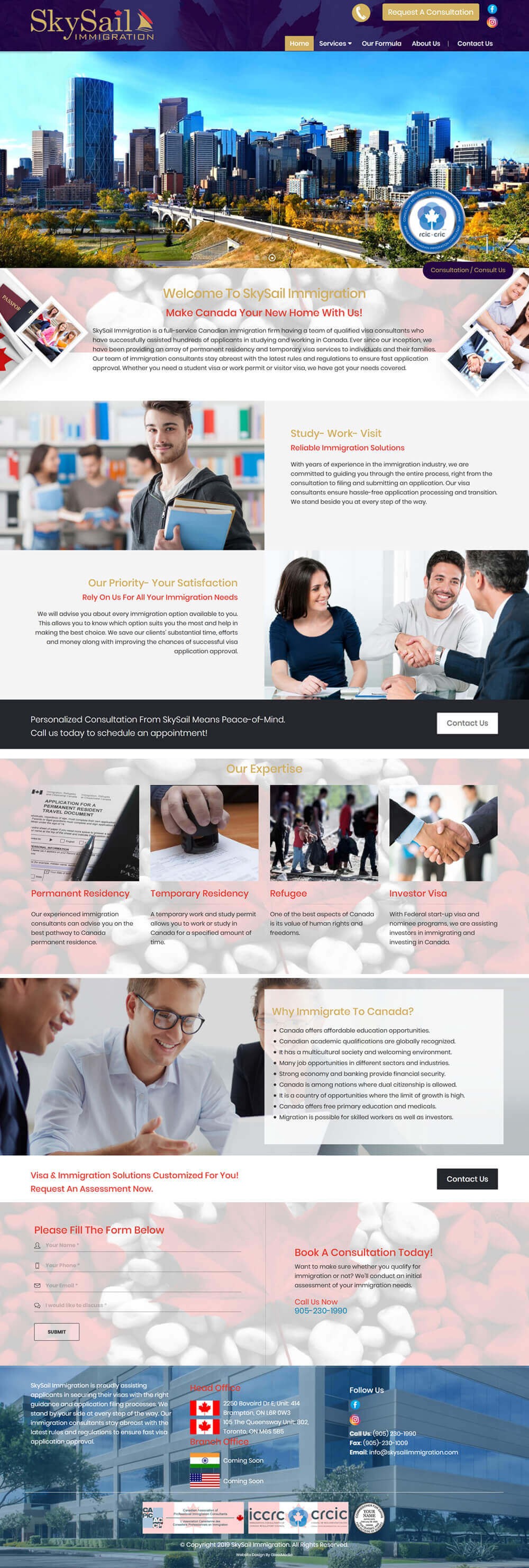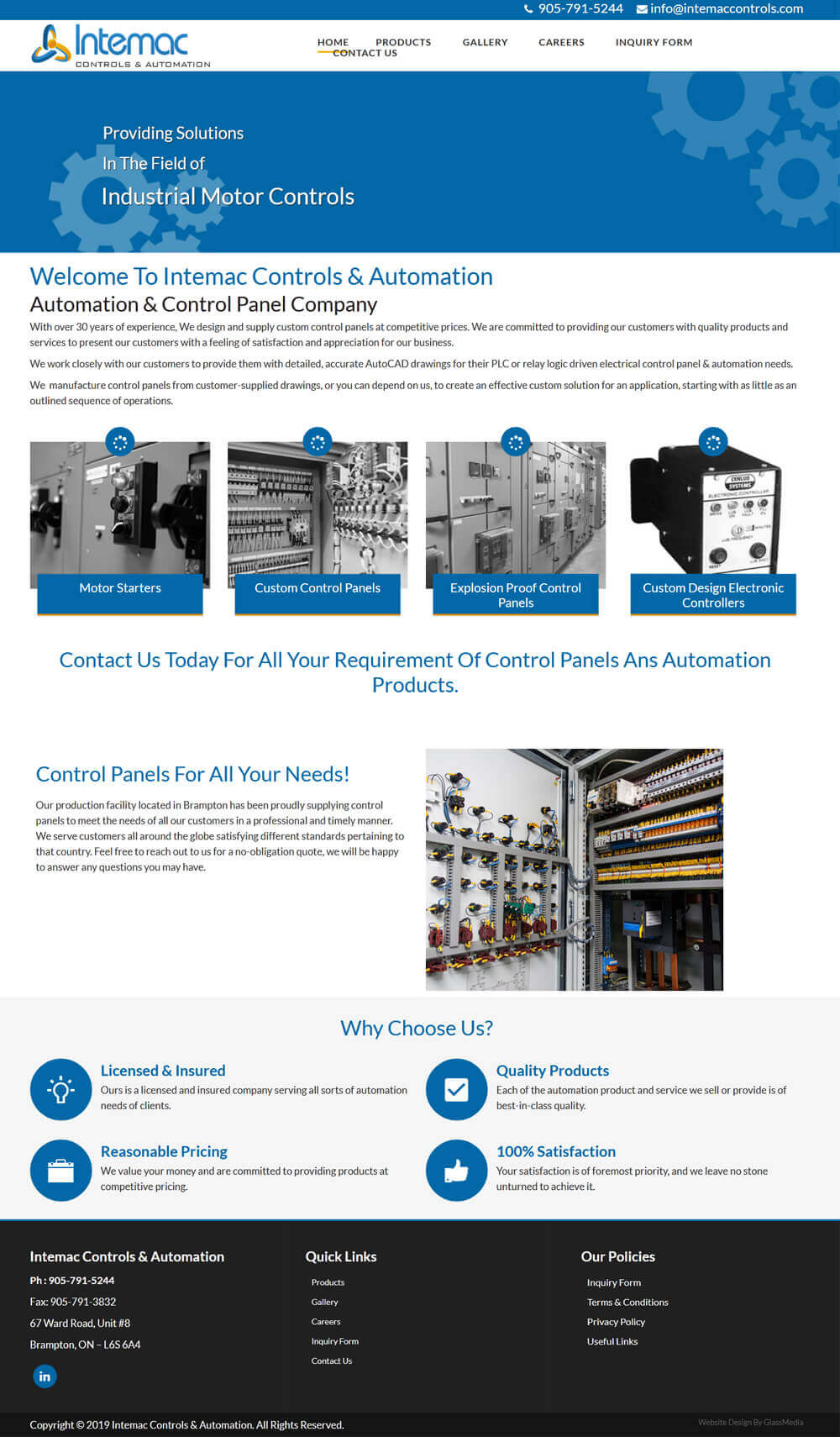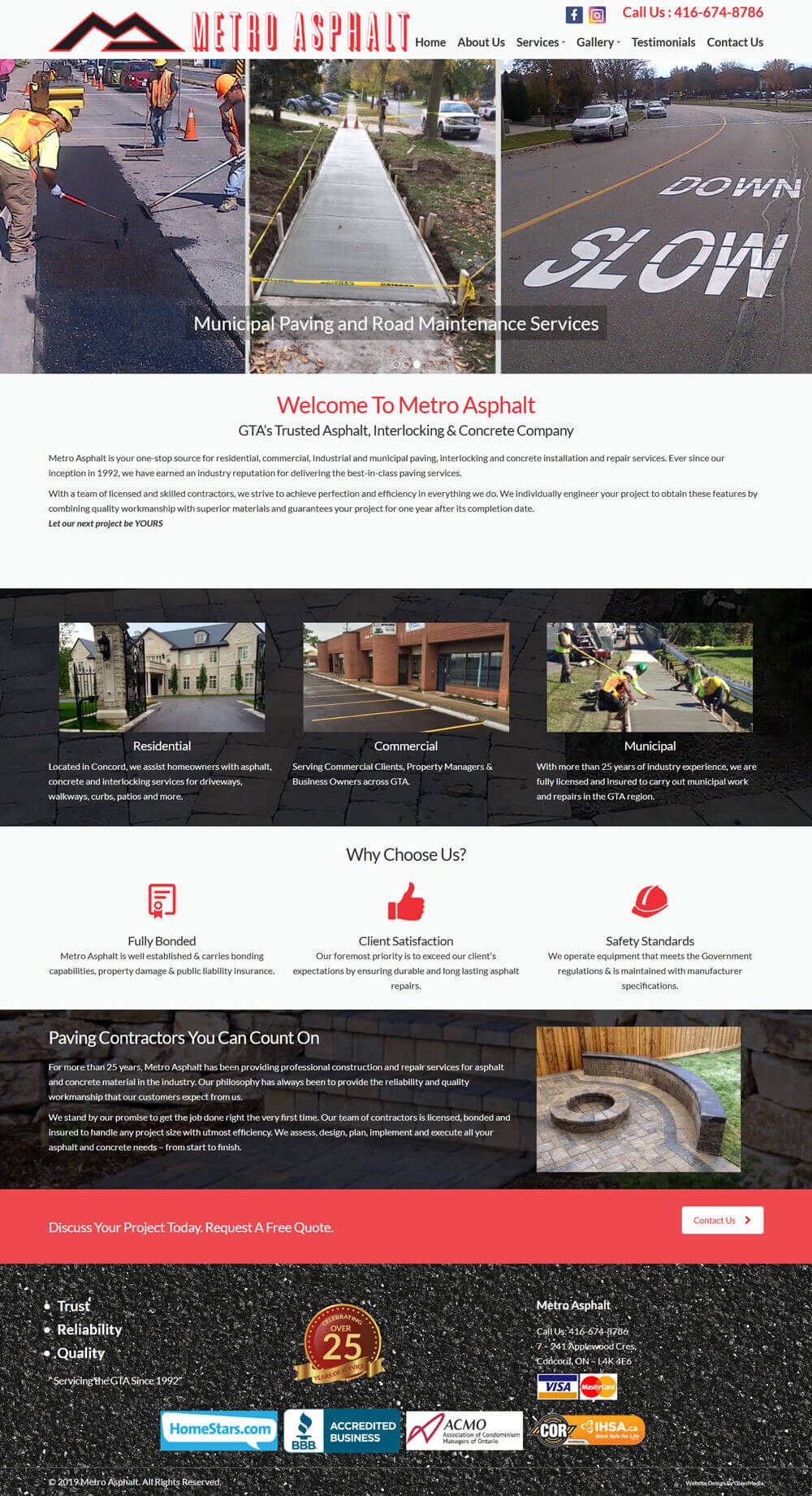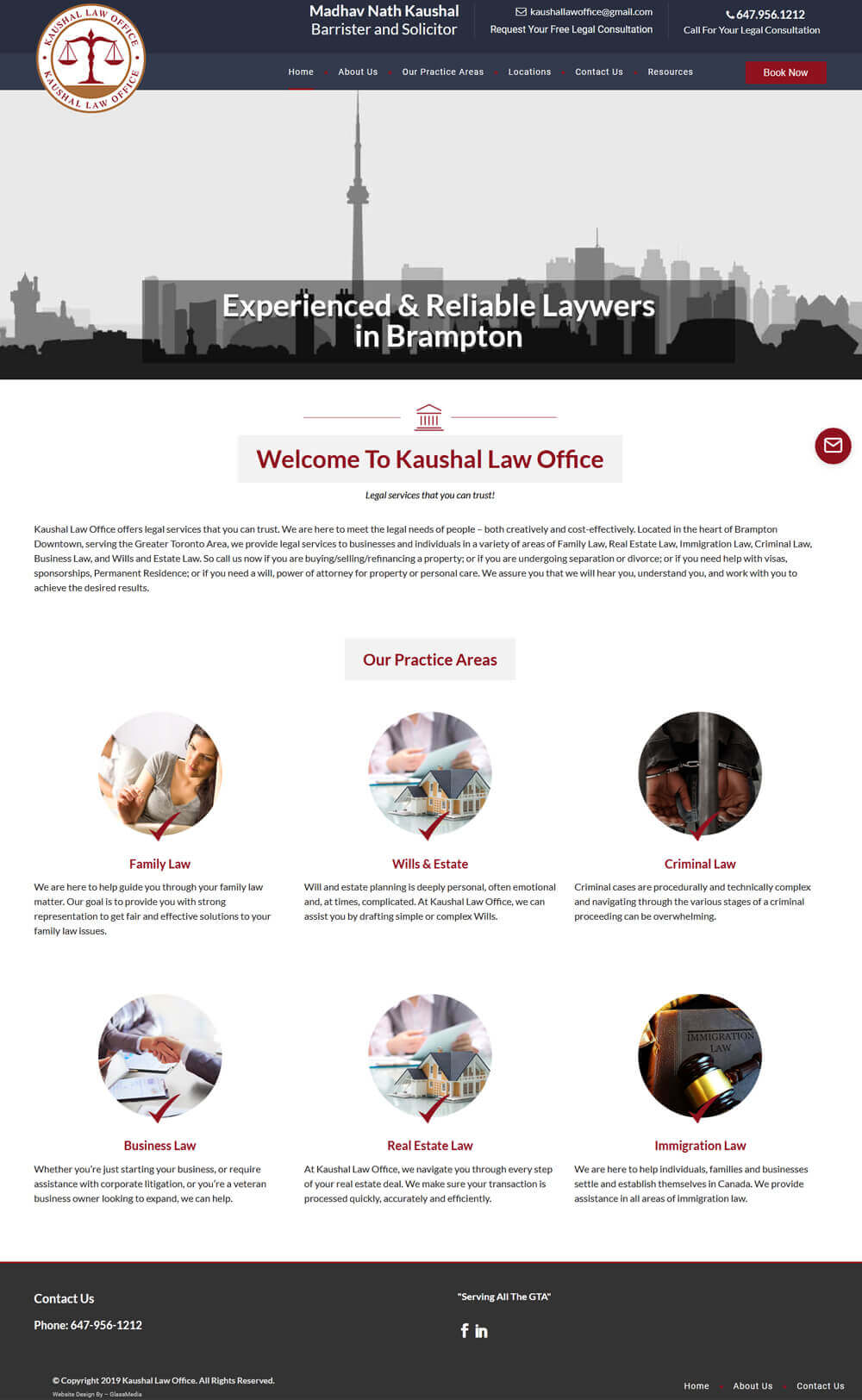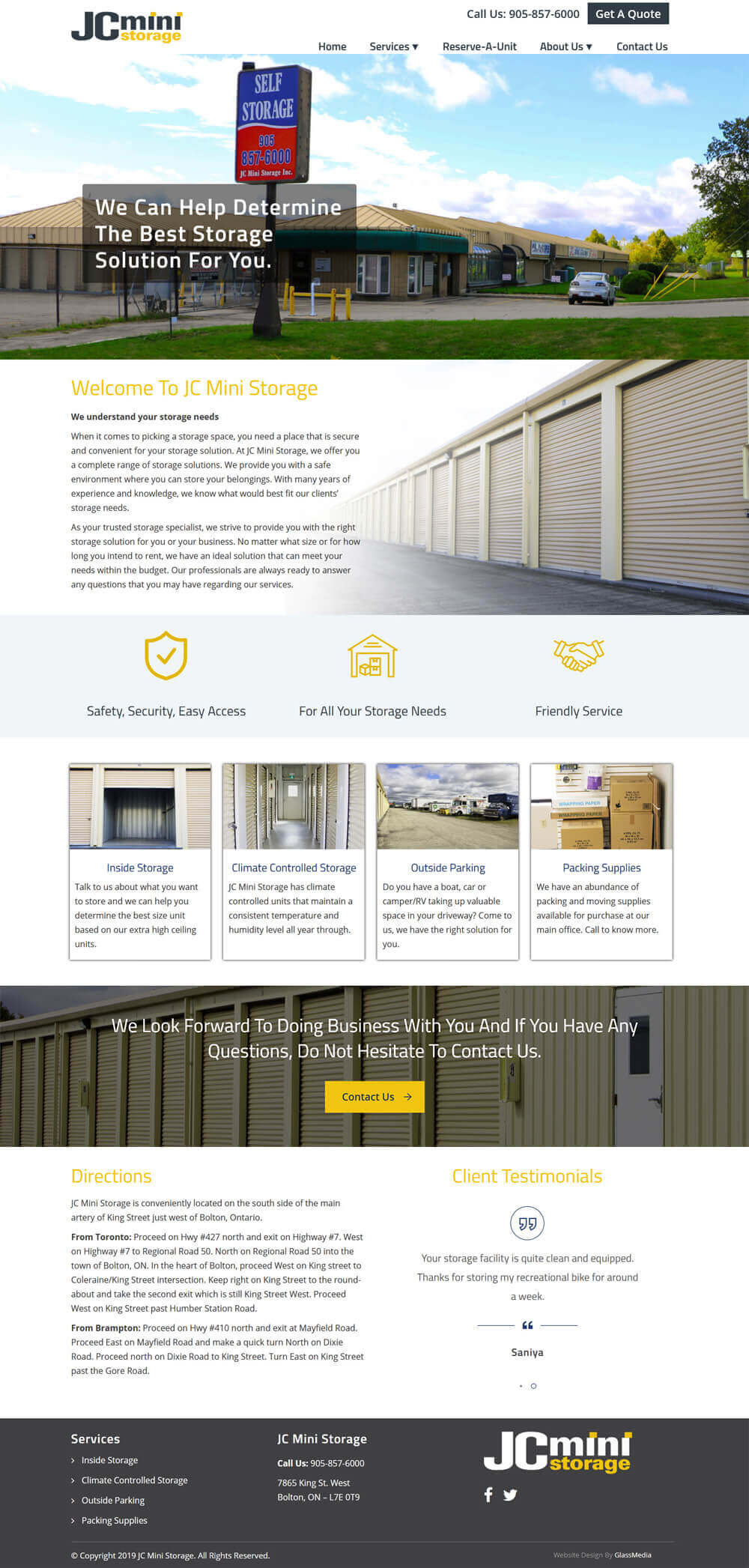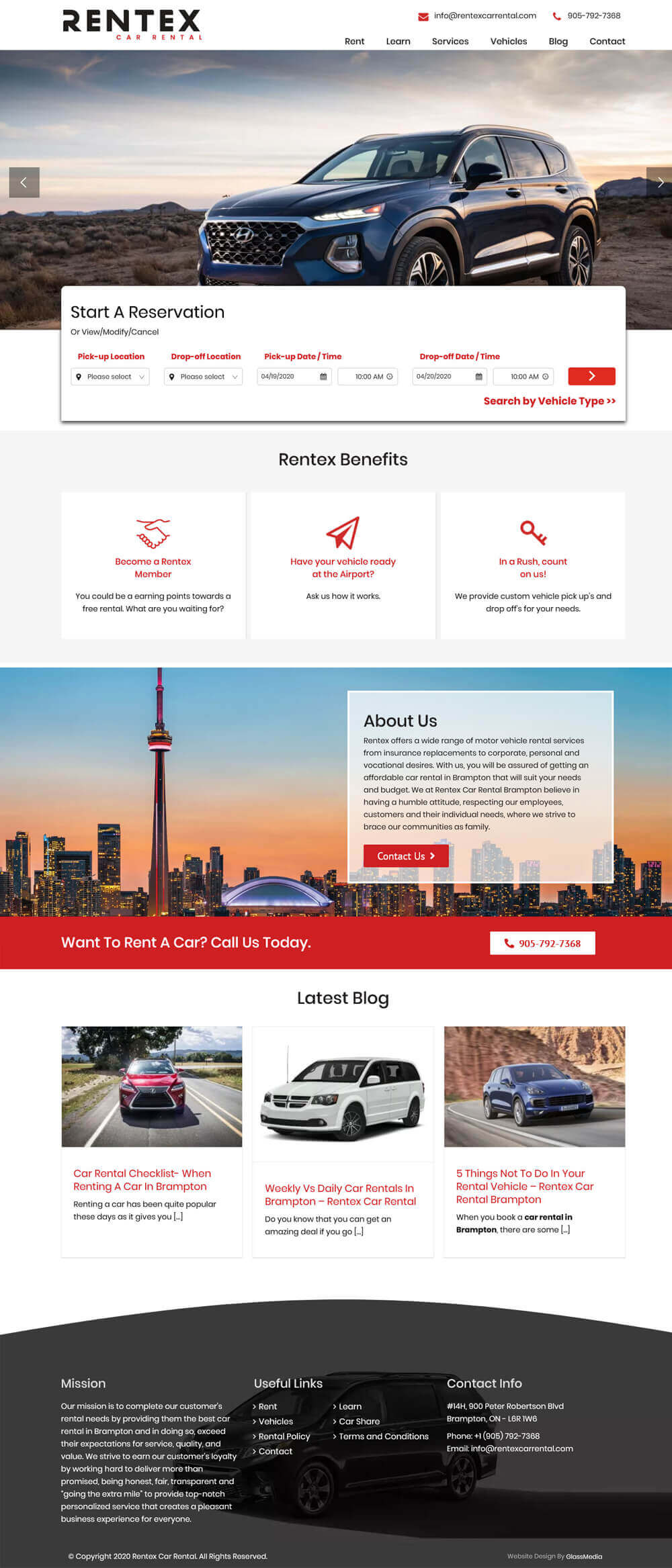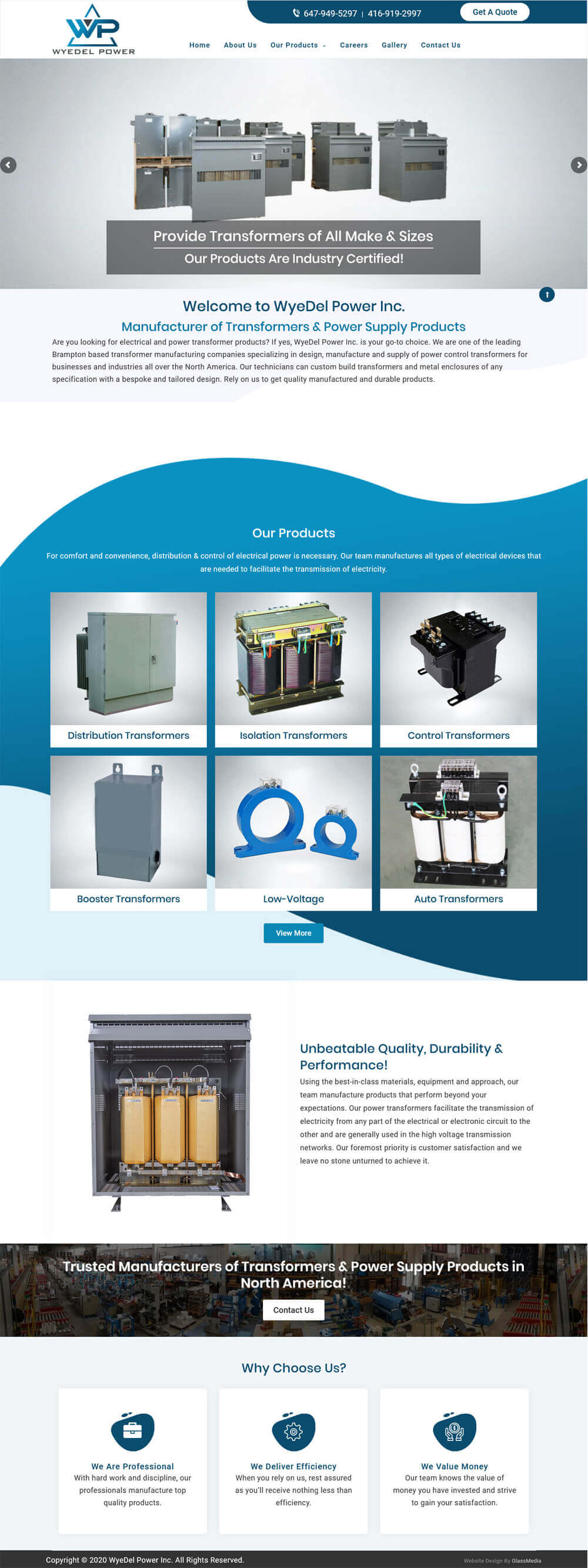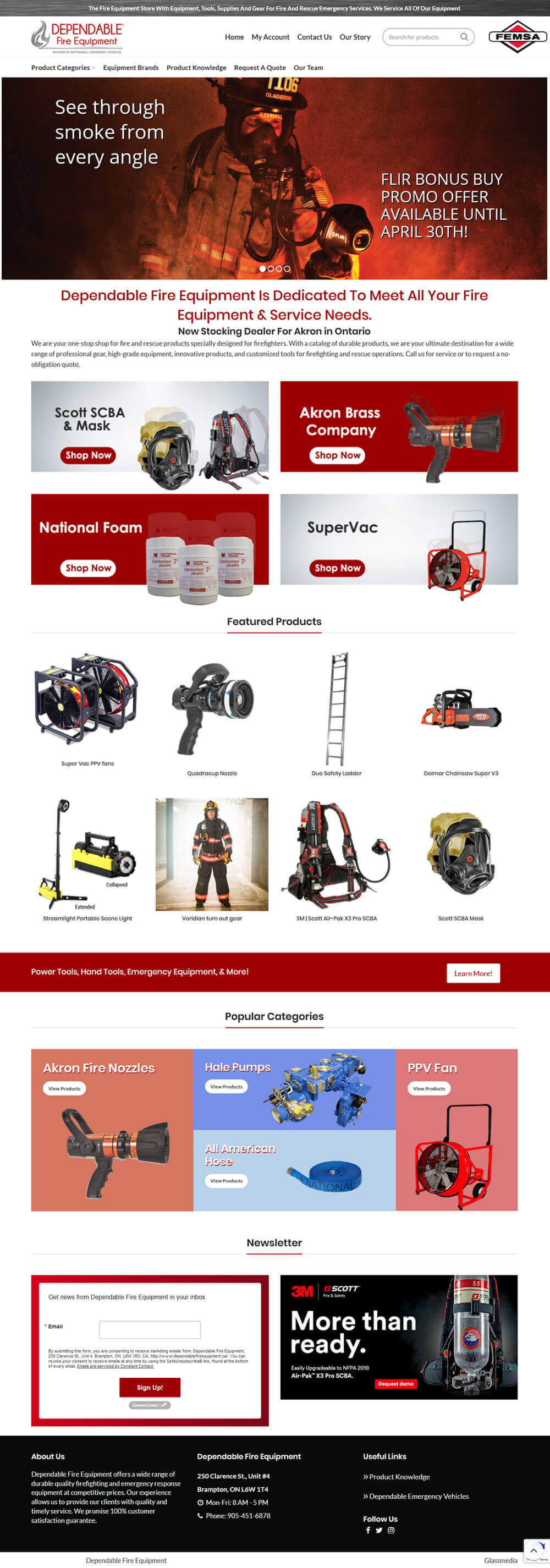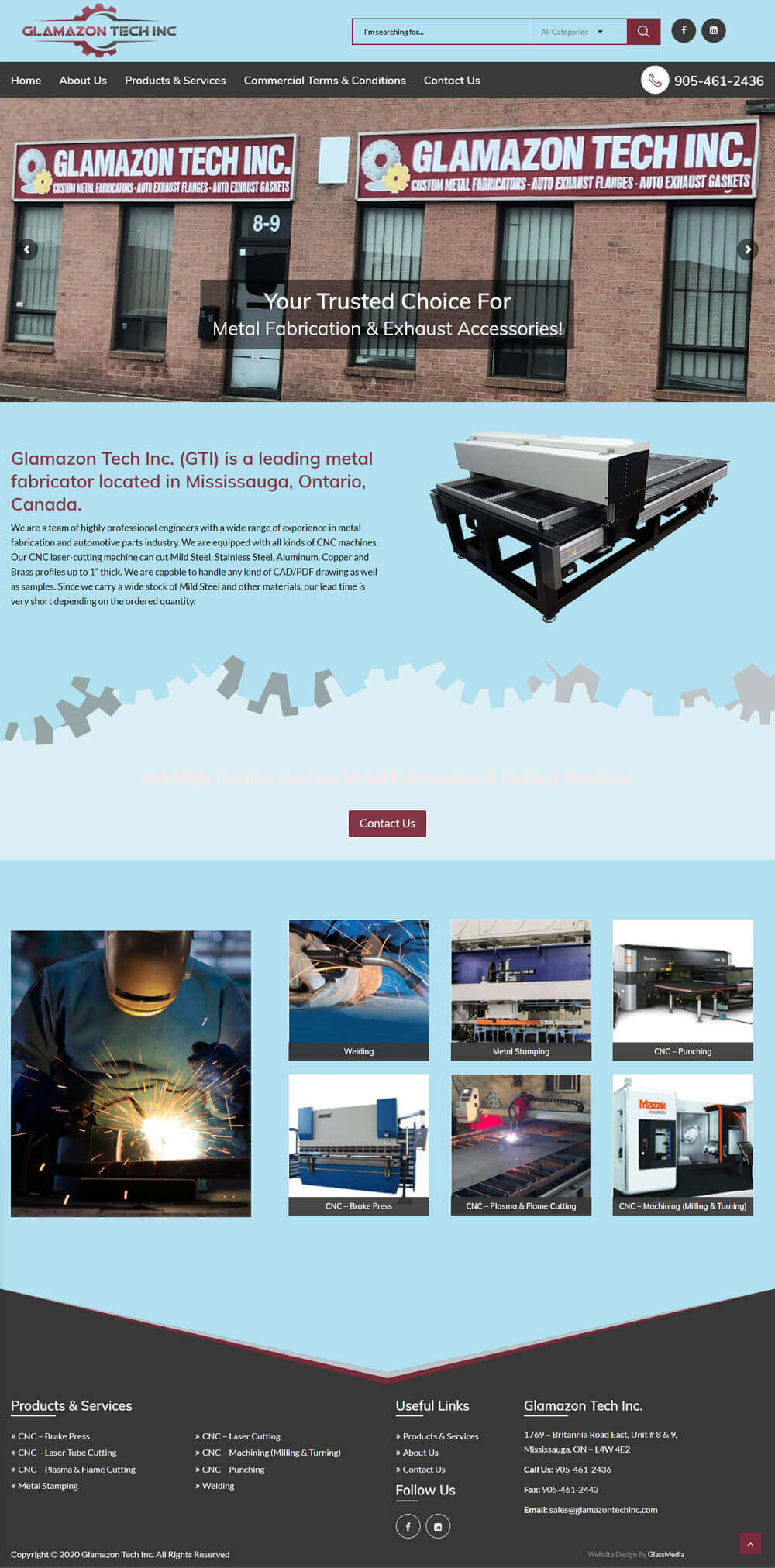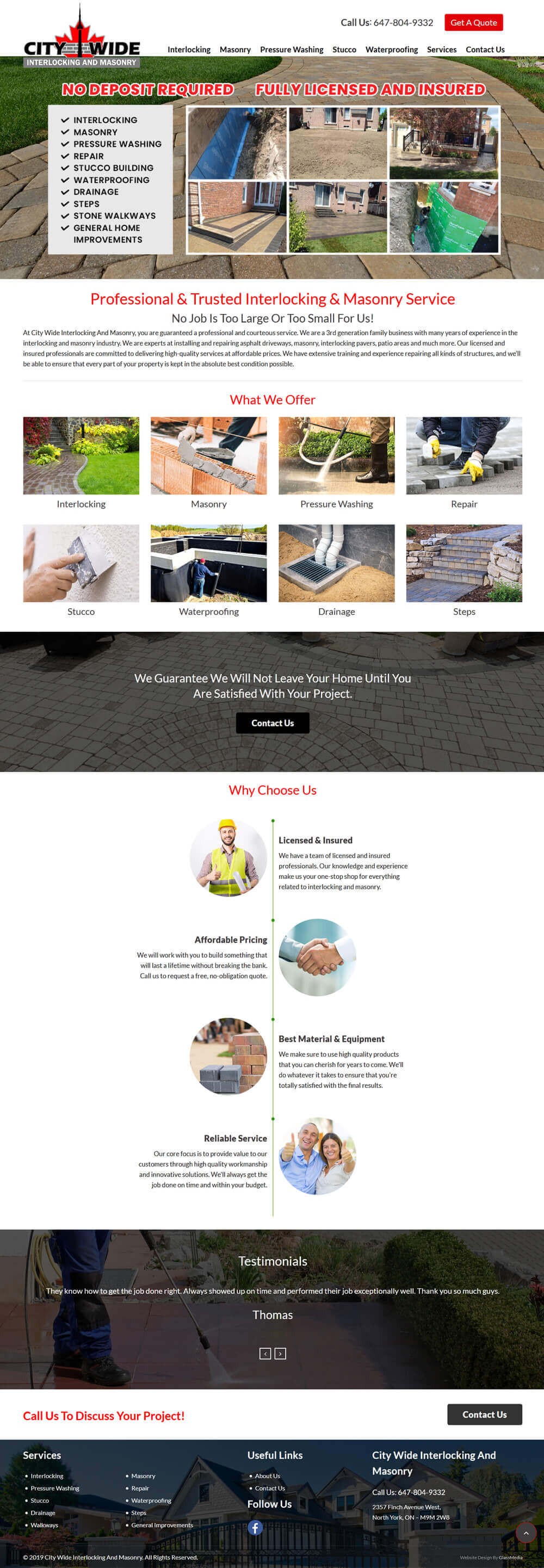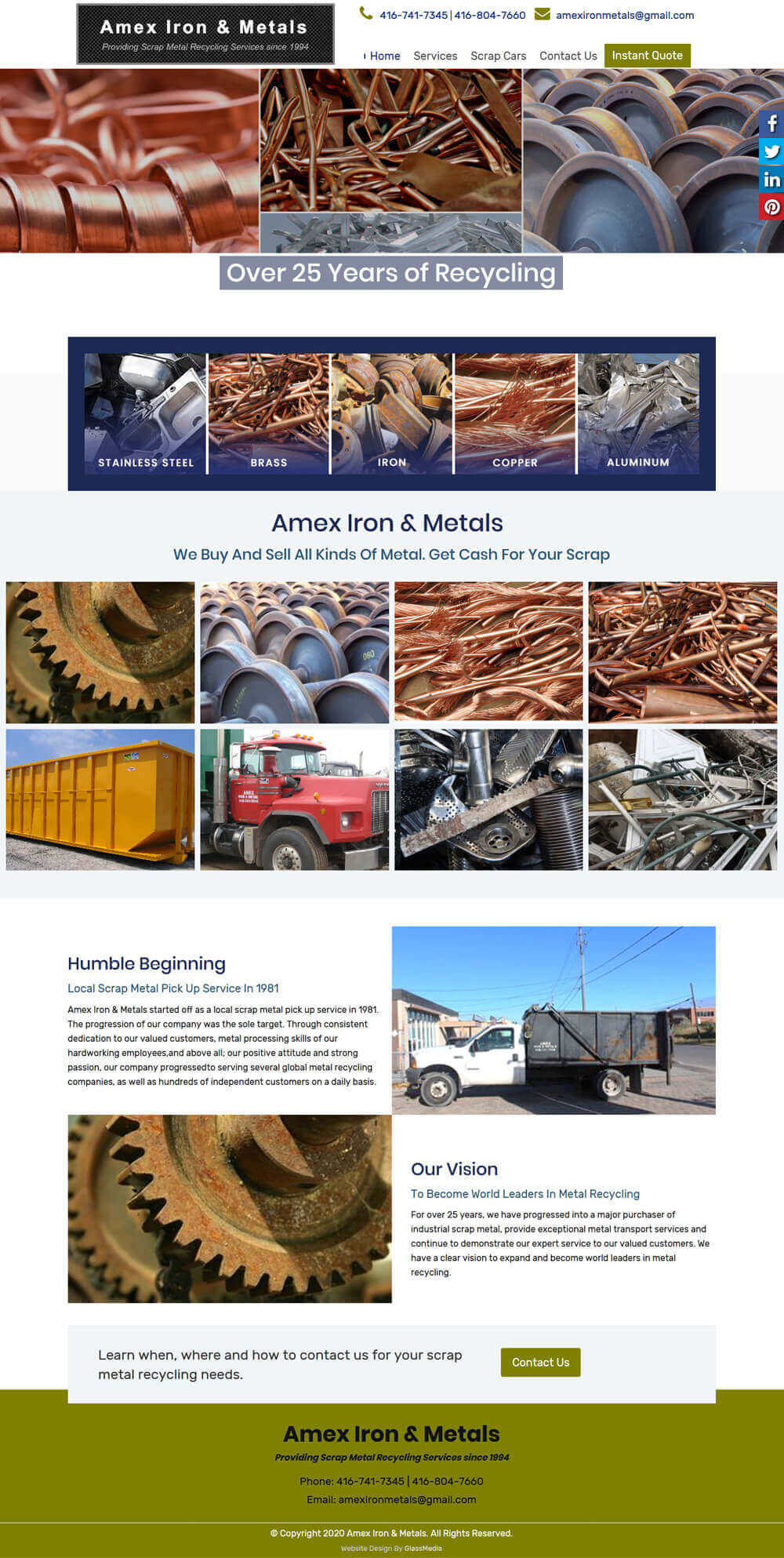In today’s crowded digital environment, having a website isn’t as simple as just throwing it up and forgetting about it. Performance, security, and user experience should continue to be handled. Neglecting website maintenance can cause issues, from security holes to poor visitor experiences to low search engine rankings. You should see that these critical updates are done regularly when maintaining your website.

At GlassMedia, we know the importance of keeping your website in peak performance mode to help you reach your online goals. Here is a roundup of the top website maintenance tasks you cannot go wrong with to keep your online presence strong:
Regular Backups: Start with backups of your website files and database. If something unexpected happens, such as your server going down, you becoming a victim of a hacking attempt, or you simply losing your data by accident, you can immediately restore your website to a recent backup copy.
Security Updates and Patches: Check for security updates and patches for your CMS, plugins, and themes. Older software is a major vulnerability that hackers can exploit. Keep all three components up-to-date, and your website will be less vulnerable to security threats.
Performance Optimization: Keep your site running smoothly by conducting regular performance audits of site speed and responsiveness. Slow-loading pages result in higher bounce rates and more frustrated visitors. Use methods such as image optimization, caching, and reducing the number of HTTP requests to speed up load times.
Content Review & Updates: Audit your website content to help ensure it is current and relevant. Update any old information, get rid of irrelevant content, and make sure all links work properly. New and exciting content increases user experience and is also beneficial for SEO.
Mobile Compatibility: Since plenty of people are using mobile devices, you must ensure your website is fully responsive and can be used on various screen sizes. To make sure the site works great for everyone, you must check multiple browsers and devices.
SEO Audit: Keep an eye on your website’s SEO condition by frequently looking into the keyword rankings, meta titles, and backlinks. SEO best practices can be followed to boost your website’s visibility and get better search engine rankings. These can include meta descriptions, URL slugs, and alt text on images.
Look for Errors and Broken Links: Errors or broken links can affect your site’s SEO and user experience. Monitor your website for dead links, 404 errors, and other problems regularly with tools such as Google Search Console or third-party website auditing tools. Deal with problems quickly so that people don’t start avoiding your site.
SSL Certificate Renewal: Make sure you renew your SSL certificate before it expires/ouveenced and happening. An SSL certificate boosts your website’s authority and ranking and encrypts data between a user’s browser and the website.
Accessibility Friendly: Make sure that your website is accessible to all users, including users with disabilities. This ranges from adding alt text to images to creating the right heading structures to ensuring users who rely on assistive technology can navigate easily.
Track Website Traffic: Monitor your website’s analytics to see what visitors are doing and where they are coming from. Leverage such valuable insights to make informed decisions about your website’s performance and where it should be improved.
Prioritizing these vital website maintenance tasks will allow you to keep your website safe, working, and easy to use! At GlassMedia, we provide full-stack web maintenance services for businesses looking to succeed on the web. Get in touch with us today to discuss how we can assist you in maintaining your website and keep your online face looking spick span.

